
Partnerships for food systems
Wednesday, 26th July, 09:30-11:00
The high-level leadership dialogue on Partnerships for food systems convened by the Sahel and West Africa Club and the Global Network against Food Crises will share national and regional success stories of how regional partnerships through humanitarian-development-peace nexus (HDP-N) approaches can accelerate the implementation of National Pathways in food crises contexts. In the framework of the Action Track on Resilience and the SDG pillar Partnership, the event will aim to renew high-level political commitment to the HDP-N processes and the National Pathways, elevating regional solutions to global action to sustainably transform our food systems.
Transforming food systems whilst meeting the needs of the most vulnerable is particularly challenging in food crises countries. According to the Global Report on Food Crises 2023, 258 million people in 58 countries/territories faced acute hunger (IPC/CH Phase 3 Crisis or above, or equivalent) in 2022, including 376 000 people facing the highest level of acute food insecurity (IPC/CH Phase 5 Catastrophe). Food crises are increasingly characterized by protractedness and spillover effect across borders, and they are driven by multiple interconnected drivers, the main one being conflict/insecurity.
The session will focus on the following questions.
- What are the challenges to preventing and responding to food crises in your country/region?
- What is the role of partnerships with regional institutions in closing the implementation gap of the National Pathways for food systems transformation?
- What synergies do you perceive between the HDP-N approach and the National Pathways for better addressing food crises? What are the challenges to preventing and responding to food crises in your country/region?
- What is the role of partnerships with regional institutions in closing the implementation gap of the National Pathways for food systems transformation?
- What synergies do you perceive between the HDP-N approach and the National Pathways for better addressing food crises?
Building resilience to shocks, violent conflicts and food crises is a clear priority reflected in 35 National Pathways for Food Systems Transformation. The Global Network against Food Crises (GNAFC) has been working to prevent, prepare for, and respond to food crises and advance the SDG 2, including through transformative partnerships with regional institutions through the HDP-N approach. This event will share concrete cases of national and regional success stories of how regional partnerships with HDP-N approach can accelerate the implementation of National Pathways, inspiring global action and renewing political commitment.
Speakers
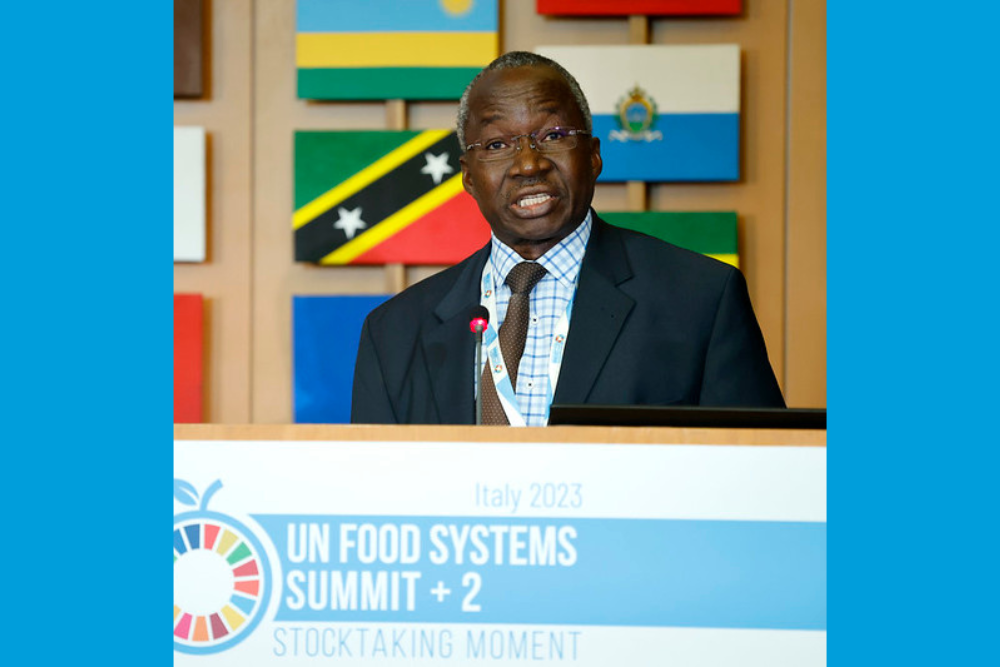
Mr. Sibiri Jean Zoundi
Director of SWAC
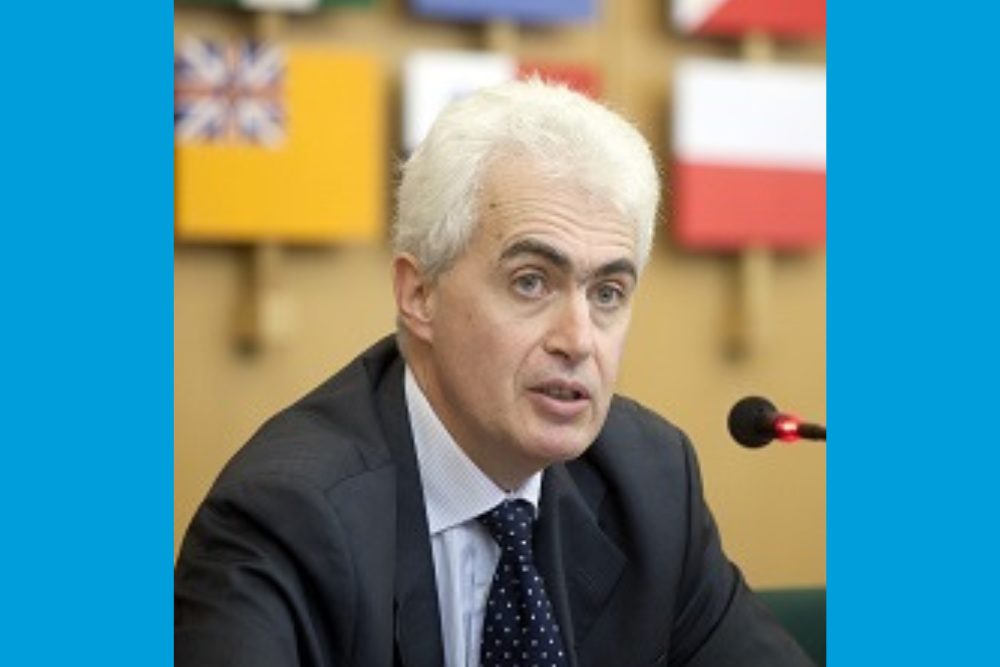
Mr. Laurent Thomas
Deputy Director-General FAO
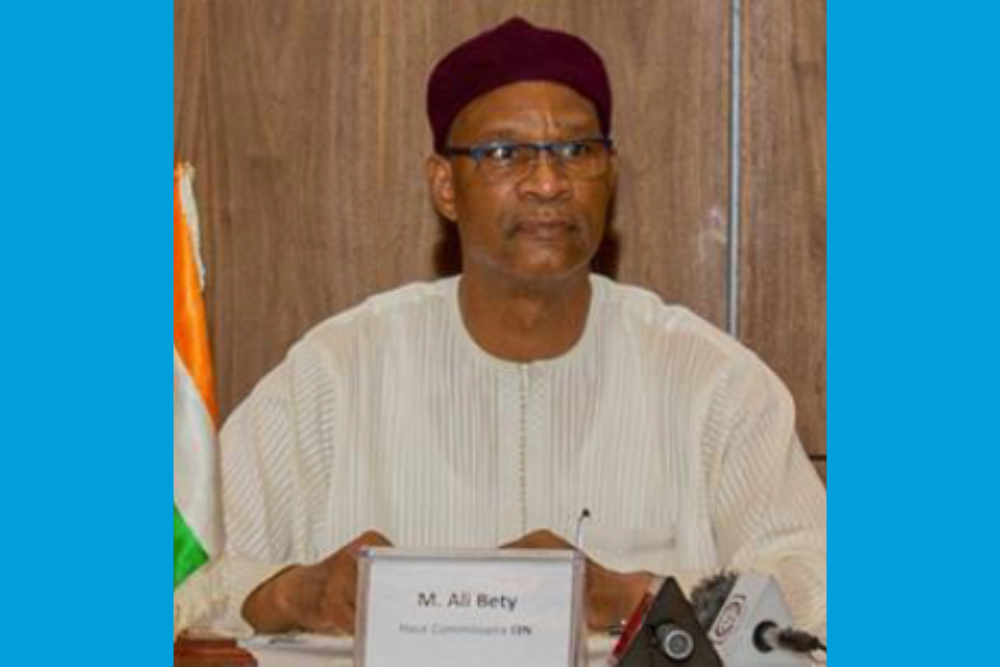
H.E. Mr. Ali Bety
Minister 3N, Niger

Mr. Martien Van Nieuwkoop
Global Director Agriculture and Global Food Practice, World Bank
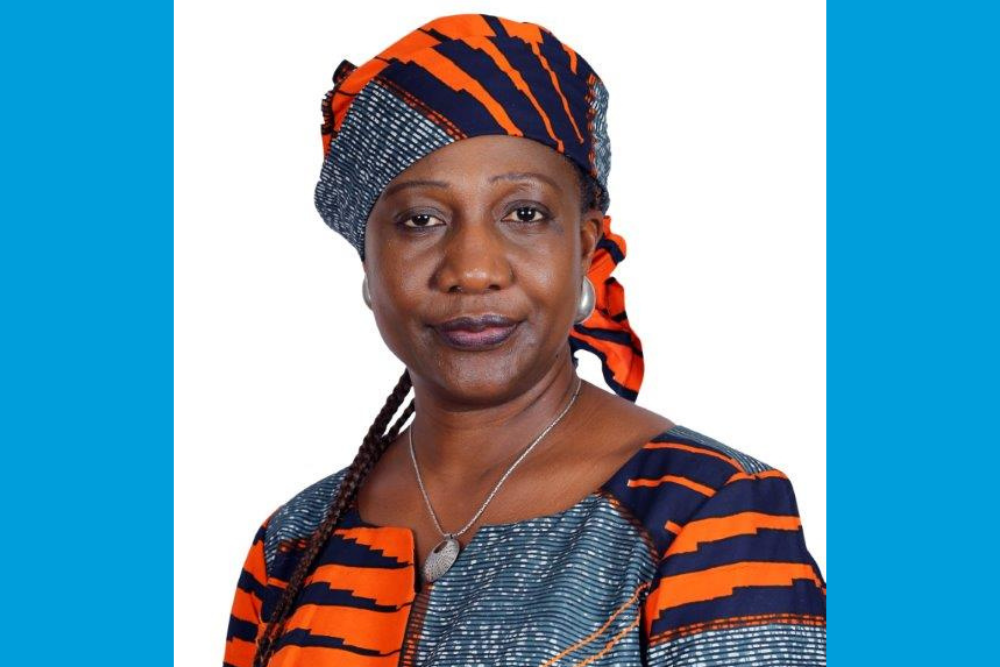
Ms. Estherine Fotabong
Director of Programme Implementation and Coordination, AUDA-NEPAD
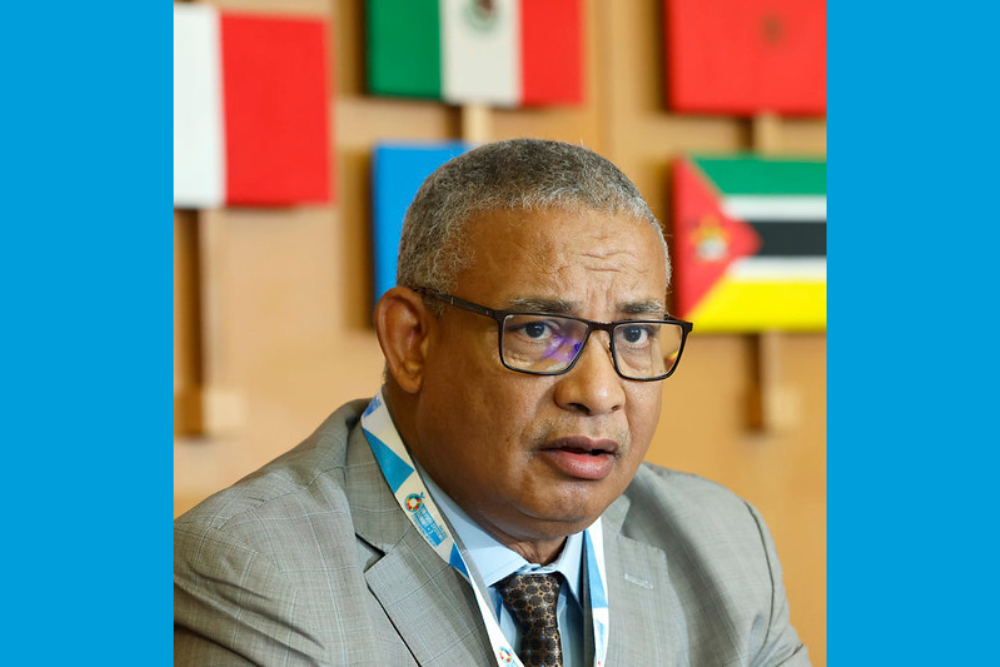
Mr. Abdoulaye Mohamadou
Executive Secretary of CILSS
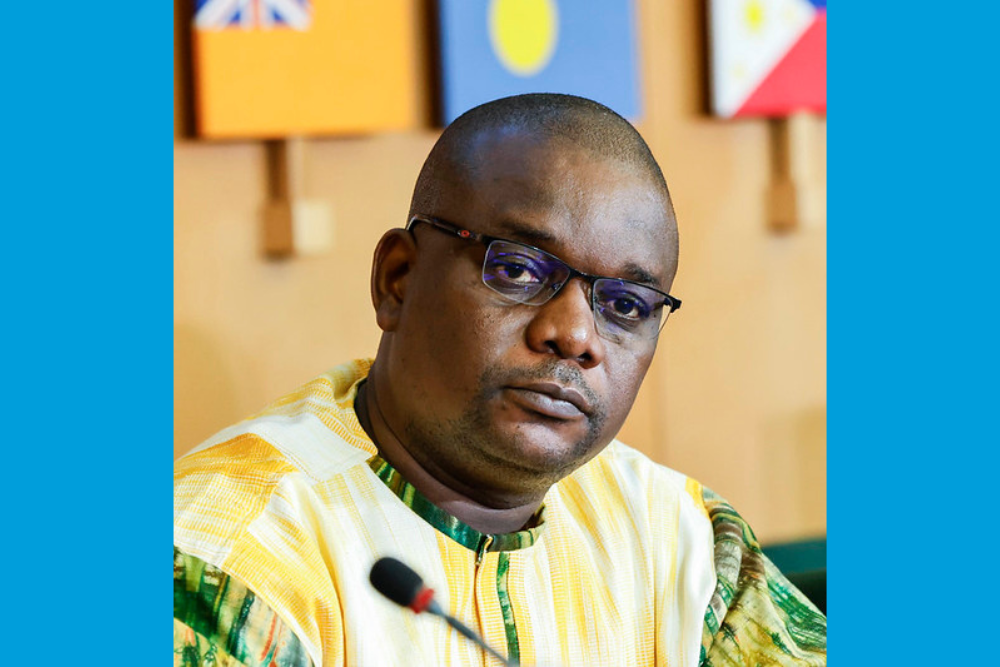
Mr. Emilien Yissao Bakone
Executive Secretary of the "Conseil National de Sécurité Alimentaire (CNSA)" and Focal Point of N-HDP strategy, Burkina Faso
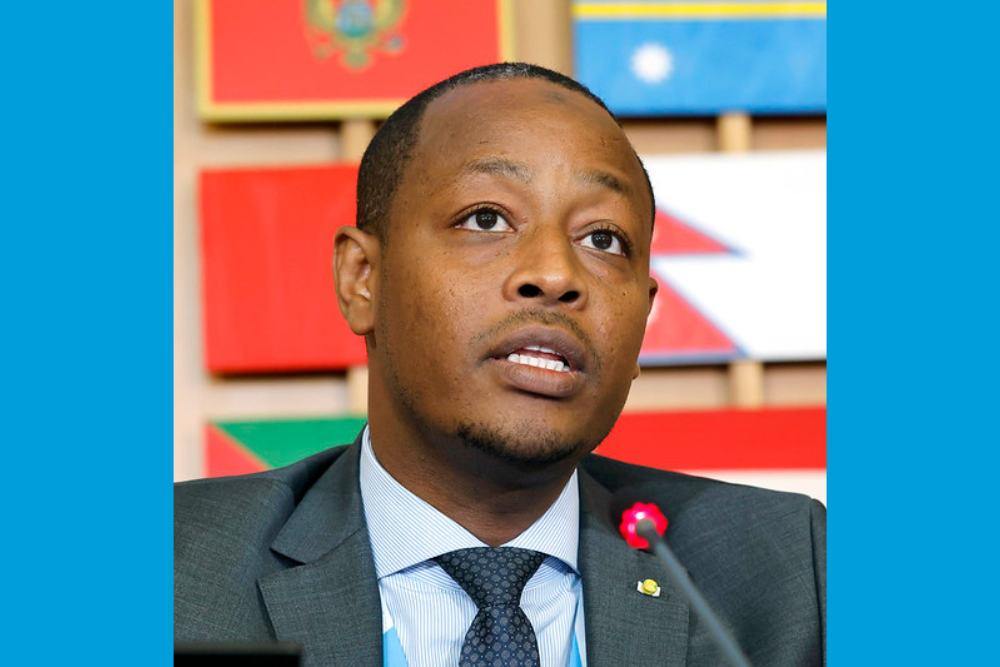
Mr. Mahamat Gueillet Hemchi
Agriculture and Livestock Advisor, National Convenor, Chad
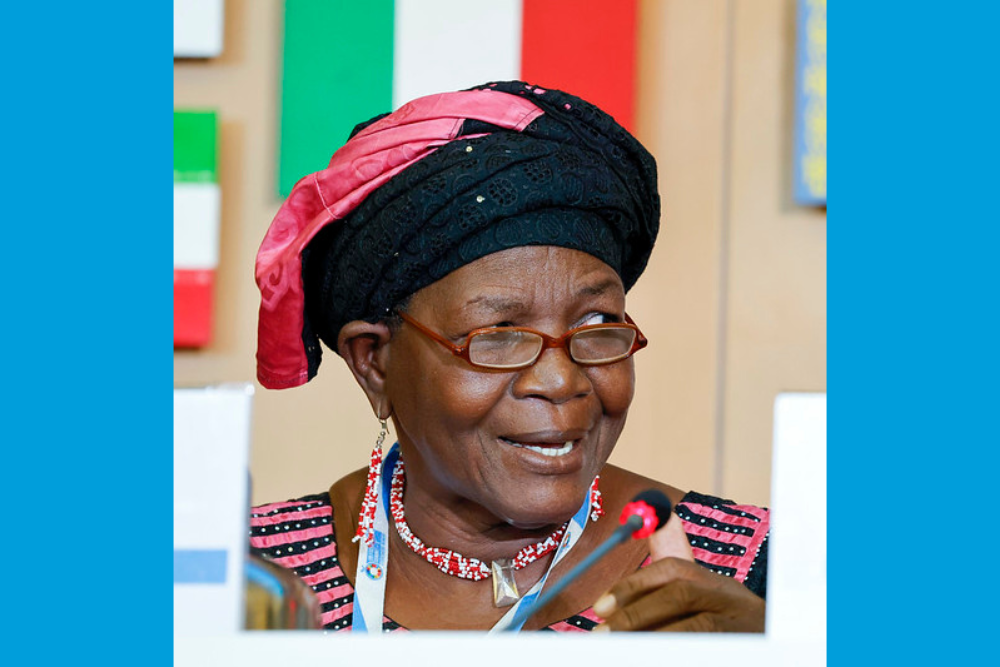
Ms. Charlotte Sama
President of the Women's Cooperative in Kolongo, Women's College of the National Coordination of Peasant Organizations of Mali
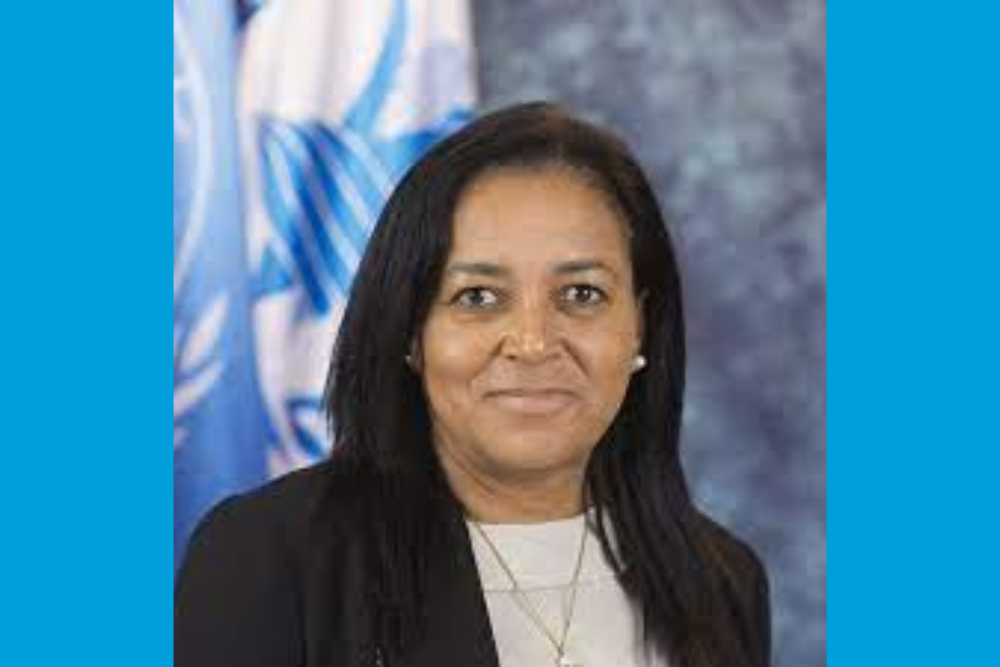
Ms. Valerie Guarnieri
Deputy Executive Director for Programme and Policy Development, WFP

Ms. Carla Montesi
Director at the European Commission's Directorate-General for International Partnerships
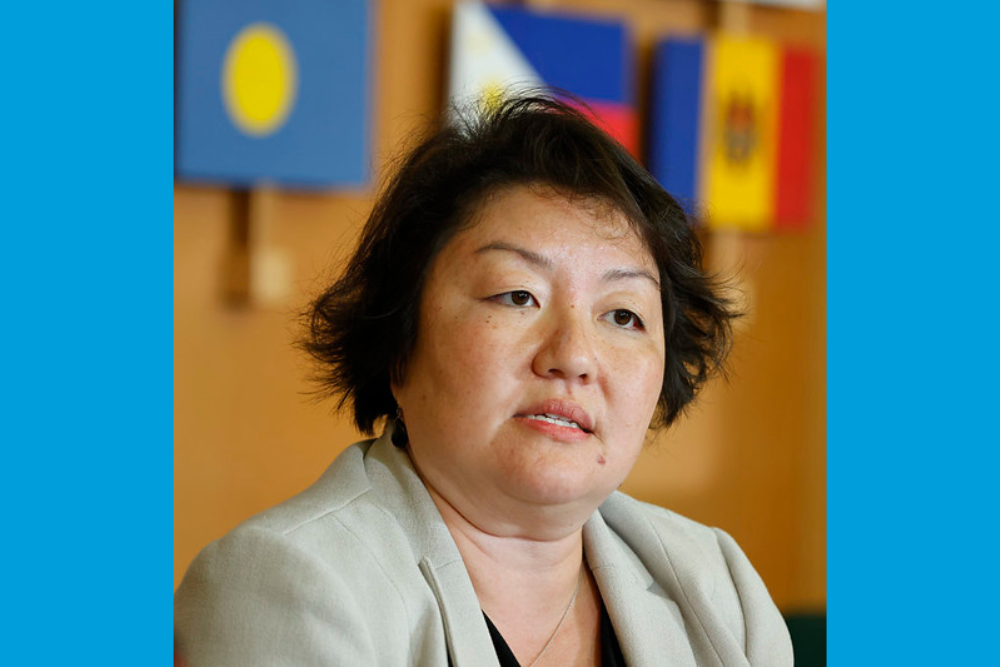
Ms. Mia Beers
Deputy Assistant Administrator for the Bureau for Resilience and Food Security (RFS), USAID
